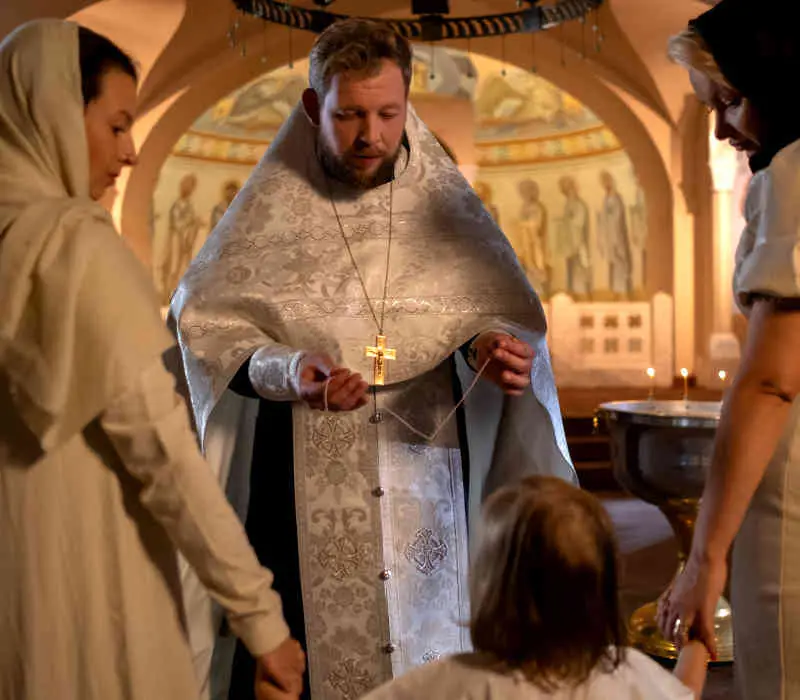A year ago I shared some thoughts on becoming a more loving church, the result of attending a Future Church Conference in Sydney.
I attended the second Future Church Conference last week, and it has led me to thinking about being a more caring church.
Here’s some of the ideas I picked up at the conference.
Lean in, listen, look forward
I invite you, as we were invited at the conference, to:
- be comfortable about being challenged or feeling uncomfortable,
- be open to new ideas, and
- look forward to what is possible with God.
I’m taking these approaches in my response to the conference and in my summaries here.
Remember the poor
There are plenty of commands in the Bible that Jesus’ followers should remember the poor and care for them.
- Matthew 25:31-46 – Jesus said very graphically that entry into life in the age to come is dependent on how we treat the hungry, the sick, strangers and the imprisoned.
- Galatians 2:10 – Paul and the other apostles feel it is important to continue to remember the poor.
- Acts 10:1-4 – the Roman centurian, Cornelius, found favour with God because of his gifts to the poor.
The church was strong on this for many centuries. For example:
- In the third century, Christians cared for the sick during plagues, even at risk to their own lives,
- the Emperor Julian in the 4th century attested to the Christans caring for the poor, even the pagan poor, more than the pagans did,
- for centuries throughout Europe, the church undertook social welfare, forcing the rich to give some of their wealth to help the poor.
But as the state took over some of the roles of the church, the church tended to pull back. And now, especially in the US, many Christians support government policies which tend to reduce help for the poor to give tax cuts to the rich.
The church is at an inflexion point, focusing more on culture wars than on the core business of caring for the poor.
There are things we can all do to advocate, vote, give sacrificially as well as share our view with our more conservative brothers and sisters.
Disability inclusive
Disability can teach that life is harsh and short, but along the way we need joy. Disabled people need better solutions for access and communication , but also a broader sense of inclusion.
Our society tends to see disability as a tragedy, but it may be more helpful to see it as part of life. This may help avoid a self righteous paternalism that can try to control disabled people.
Those who believe in divine healing would do well to be careful their enthusiam doesn’t create problems for disabled people who are not healed even after fervent prayer.
An inclusive church will embrace diversity in all its forms …. and listen.
Anti Racist
What is racism? Is it maintaining white supremacy? Is it the dominance of one group over another? Whatever, it is a social contruct often based on skin colour.
It is likely that Australians with coloured skin have experienced racism in some form all their lives – maybe directly, but maybe in throwaway comments, often unintentionally hurtful, but hurtful all the same.
Behind racism is colonialism – occupying or taking land owned and occupied by others. In Australia and other countries colonised by Europeans, white people have the power and privilege and thus cause much suffering.
Unfortunately, the Bible has been used to support apartheid, slavery and white supremacy. And, unwittingly maybe, it is easy to pick up interpretations that are subtly racist. For example, the treatment of Hagar by Abraham (in Genesis chapters 16 & 21) is a story of single parenthood, exploitation, abandonment, abuse, racism and homelessness, yet those aspects of the story are rarely pointed out by commentators or preachers.
It isn’t enough for the church to be non-racist (though that would be a start) – we need to be anti racist, actively dismantling racism. It isn’t enough that people of colour feel safe, we want them to feel comfortable and appreciated.
Dismantling racism in the church (and in the broader society) will be uncomfortable, and may involve:
- acknowledgment of country as a reminder of white dispossession of First Nations;
- truth telling of traumatic stories;
- lament;
- being careful about songs and language – change words if necessary;
- using langauges other than English sometimes;
- recognising and including diverse cultures;
- recognising that all theology comes from a cultural perspective (as the story of Hagar shows).
Non violent
Non violence isn’t the absence of violence, but God’s power being stronger than domination. We might be tempted to respond to violence with violence in return, or by submitting to it, thus allowing it to continue. But it is better to deflect violence by continuing to oppose while not retaliating.
The Biblical book of Revelation appears to justify violence – the lion is the fierce Old Testament God while the lamb is the peaceful Jesus – as if the two are different. But the lion is the lamb. So we can see Revelation as God exercising power in a non-violent way – lots of power but it’s not out to get us. The violent imagery is just the way first century Jews wrote the genre of apocalyptic literature and shouldn’t be interpreted literally. The book isn’t a literal timeline of events but a graphic picture of all that Jesus did and taught in the gospels..
We should engage like Jesus did in the temple, with violence that harms no-one. (I’ll leave it to you to work out how the often violent and destructive Old Testament God should be understood.)
Trans
Why is trans even a question? (Opposition is often stoked by people with other agendas.) Why is transgender more of an issue than poverty?
Christian don’t have to respond with an exclusionary approach in which traditional male-female roles are sacred, or the view that alternative genders are disabilities requiring care. We could instead accept and celebrate gender diversity as part of the kaleidoscope of human and divine reality. Recognising trans people saves lives and produces good fruit (becoming more integrated in self).
Gender differences are not fundamental.
- God doesn’t have a gender; mostly seen as male but sometimes female imagery is used.
- “There is neither Jew nor Gentile, neither slave nor free, nor is there male and female, for you are all one in Christ Jesus.” Galatians 3:28. All of us (including trans people) can be one in Jesus.
The church needs everyone’s gifts, and trans people have gifts and insights to offer:
- an ethic of flourishing (God loves all of us, so why don’t we?);
- non-binary experience helps us understand the mysterious aspects of God;
- they bring the perspective of an outsider and provide a way in for those who never thought there was a way in.
Culture wars
Culture wars are disagreements over matters of culture (e.g. ethics and lifestyle), that become heightened for political gain: for example, abortion, sexuality, family values, church-state issues, race.
Politicians use these issues to galvanise their supporters by demonising their opponents. The fuel of culture wars is outrage and fear.
Christians can get so side-tracked by culture war issues that we don’t agree on, that we don’t get onto the important things that need to be done.
Culture wars thrive on misinformation, so Christians need to avoid knee jerk reactions, but rather practice deep listening (empathic listening that can help connect with others and show compassion).
Speakers
- Gershon Nimbalker (Remember the poor)
- Shane Clifton (Disability inclusive)
- Radhika Sukumar-White (Anti Racist)
- Jarrod McKenna (Non-violent)
- Jo Inkpin (Trans)
- Panel of Jo, Jarrod & Mikenzie Ling (Culture wars)
My notes above don’t reflect the full gamut of these sessions, but just some brief points I found challenging or helpful.
Photo by Ivan Samkov.
Read more

Becoming a more loving church
The church exists to bless, but can sometimes hurt. How can the future church do better and be more loving? (Notes from the 2023 Future Church conference.)

Do spiritual misfits belong in a church?
More and more young christians are leaving the church. Let’s think of ways to help them in their faith journey before they get to this point.

Tradition and the church
Traditions can be helpful, but some are harmful. Sometimes a church needs to let go of its traditions and do something different.

Leave a Reply